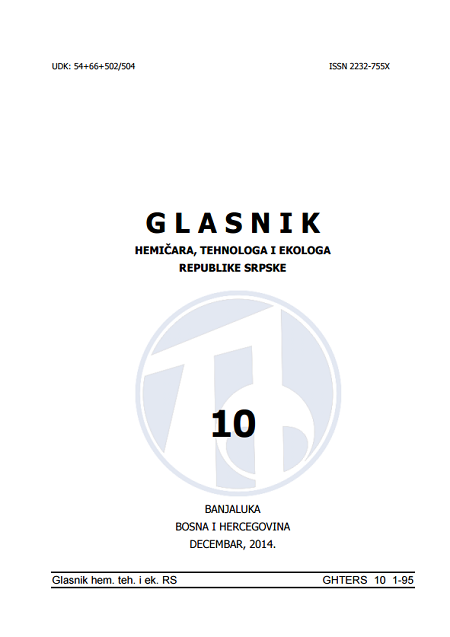A SUBJECTIVE EVALUATION OF THE THERMAL COMFORT OF CLOTHING EVALUATED IN COLD ENVIRONMENT
DOI:
https://doi.org/10.7251/GHTE1410065CAbstract
In this study, the thermal comfort of clothing was subjectively evaluated in cold environmental conditions. Different male business clothing systems, made of standard textiles (wool and wool-mixture), and materials that contain phase-change materials (PCMs), were developed. The research was performed with the help of test subjects in a computer controlled climatic chamber, in artificially created cold environmental conditions, at ambient temperatures of 10 °C, 5 °C and 0 °C, and with physical activity that is as reminiscent as possible of the real life situation of wearing clothes, such as sitting and walking on a treadmill. The impact of particular business clothing systems and varied cold environmental conditions on the wearer’s subjective feeling of thermal comfort was determined with a questionnaire and an assessment scale of thermal comfort defined by standard ISO 10551:2004. For this purpose, an analysis of the subjective evaluation of thermal comfort, the desired thermal state, the acceptability of the current situation and their personal tolerance of the environment, was made before, during and after each experiment. The results of the research show that subjective evaluations of thermal comfort directly depend on environmental conditions, as well as clothing systems. From this subjective evaluation it can be seen that in spite of lower mean skin temperatures the test subjects felt comfortable at an ambient temperature of 10 °C. It is also evident that the analysed clothing systems are not suitable for wearing below an ambient temperature of 0 °C, because the test subjects felt uncomfortable.
